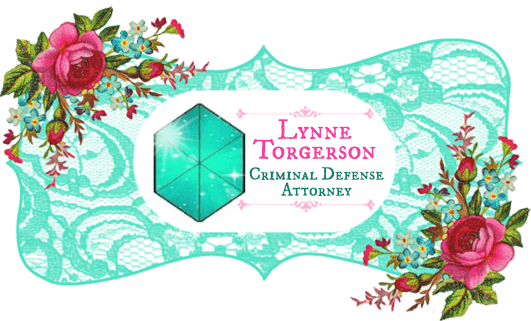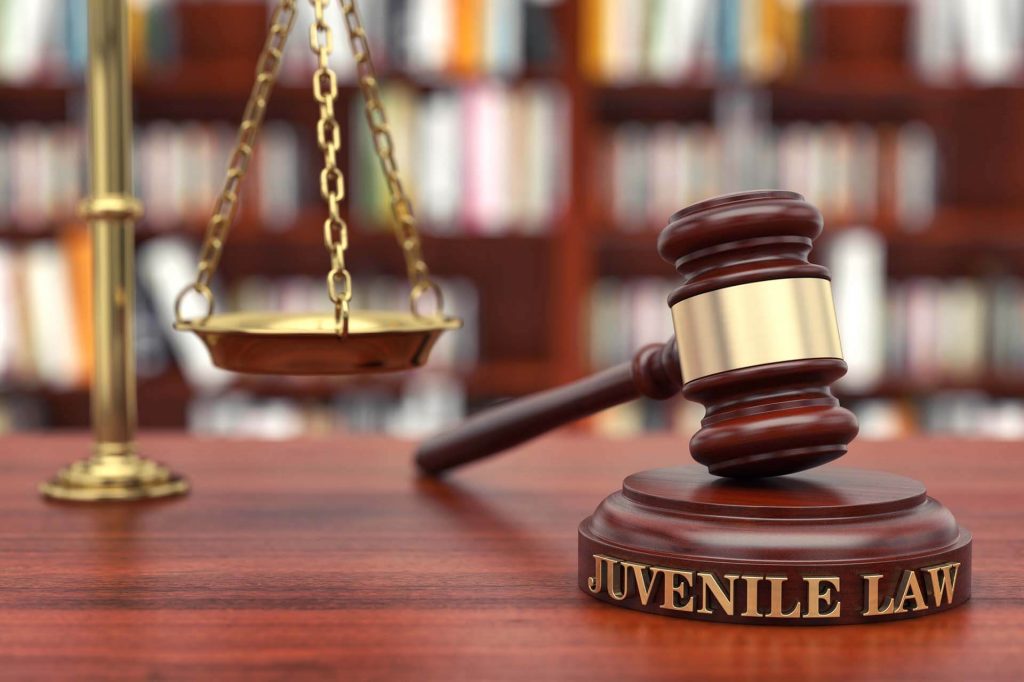The term Child is usually defined as a person under the age of 18 years old. Other terms for a child include minor or juvenile. A person who is charged with a crime who is under the age of 18 will generally have their case heard in Juvenile Court. This is a separate court from adult court.
The results in Juvenile Court https://www.mncourts.gov/help-topics/juvenile-delinquency.aspx are supposed to be in the “best interests of the child.” Juvenile court cases are also supposed to be confidential. However, in the more serious cases, where the child is 16 or 17 years old, the case may be prosecuted in adult court, and the result could affect the child’s gun rights for life, and could be a public record, affecting their future employment opportunities. Young people make mistakes, and most often, this should not mean that they should suffer the consequences into their adulthood and the rest of their lives. Childrens’ futures, like those of an adult, need to be protected. Minnesota Juvenile Defense Lawyer Lynne Torgerson is ready to work to protect your child’s rights.
TYPES OF JUVENILE CASES
For the most part, the types of crimes a juvenile child can be charged with are the same as for an adult. They can be misdemeanors or felonies. In Minnesota, for court purposes, a child is defined as a person of the ages of 10 to 17. In juvenile court, the penalties are different than they are for an adult. A child cannot be sentenced to prison; they may however, be sentenced to inpatient treatment, or, a county home school.
TYPES OF JUVENILE CRIMES
As mentioned above, the types of crimes for a juvenile are generally the same as for an adult, with a few additions. They include:
Possession of drugs
Sex offenses
Assault
Robbery
Burglary
Theft and shoplifting
Underage consumption of alcohol
Underage drinking and driving
Possession of marijuana
Some of the offenses which are related to be a child include:
Curfew violations
Truancy
Cigarettes
Run away
PROSECUTION IN JUVENILE OR ADULT COURT?
A child can be charged with a petty misdemeanor, misdemeanor, gross misdemeanor or felony. A petty misdemeanor, misdemeanor, and gross misdemeanor will nearly always be handled in juvenile court. It is generally always better to keep a case in juvenile court, as opposed to adult court, because juvenile cases remain confidential, whereby your child’s future is protected. A lot of felonies are prosecuted in juvenile court. The more serious felonies are more likely to end up in adult court, especially if the child is 16 or 17 years old.
In make a determination of whether a child should be prosecuted in juvenile or adult court, the judge is supposed to consider the nature of crime, the age of the child, criminal history, and potential penalties. Under Minnesota law, there are three (3) ways a juvenile may be prosecuted in adult court:
- Murder: Children 16 and older accused of murder must be prosecuted in adult court;
- Prior adult convictions: If a juvenile has previously been convicted of a crime in adult court, any future case will be handled in adult court.
- Discretionary and Presumptive Waiver: Prosecutors may:
- file a motion, a discretionary waiver, to certify a case to adult court for juveniles 14 and older who commit any offense, and
- file a motion, a presumptive waiver, for minors 16 and older for any serious offense.
A prosecutor is more likely to pursue certification of a case to adult court when a serious crime has been committed, including serious sex crimes, violent crimes, felonies involving firearms, and other offense that would result in prison sentences had the child been an adult at the time of the offense.
If a prosecutor seeks certification to adult court, the juvenile child has the right to a certification hearing, which is separate from the trial, in order to determine whether they should be tried an as adult. The juvenile opposes certification to adult court. In the certification hearing, the child is presumed to have committed the crime.
A juvenile has the right to a lawyer during a certification hearing. At the hearing, the juvenile can present evidence, have witnesses testify, and cross examine the State’s witnesses. The certification proceeding is closed to the public and only those with an interest in the case are allowed to attend.
If it is shown that handling the case in juvenile court does not serve public safety, the case may be certified to adult court. If the child is tried as an adult and convicted, he or she may be subject to imprisonment.
Minneapolis Juvenile Crime Attorney Lynne Torgerson, who has been practicing over 25 years, has experience fighting for youth charged with crimes. With experience in the juvenile courts, Ms. Torgerson can help guide the child and the parents through each step of the case and provide representation during hearings in order to fight certification to adult court.
EXTENDED JUVENILE JURISDICTION
Extended Juvenile Jurisdiction (EJJ) is a program to rehabilitate juveniles who are accused of serious crimes. A juvenile defendant who is of age 14 or older will be supervised under the program until they become 21 years old. The juvenile must show that they can remain law abiding. If the juvenile violates the court order, it could result in prison time as an adult.
CRIMES THAT MAY RESULT IN EJJ
Murder or attempted murder
Aggravated robbery
Sex crimes
Weapons offenses
Carjacking
CAN A CHILD BE SENTENCED TO PRISON?
Potential sentences, or dispositions as they are called in Juvenile Court, include probation, placement in a foster home, juvenile offender school, county home school, or incarceration at a juvenile detention center. If tried and convicted as an adult, a child may be sentenced to prison.
The Detention Center, colloquially called Juvenile Hall, is the closest to a prison sentence a juvenile delinquent can receive. Some cases last until the child turns 21 years old.
WORK TO PROTECT YOUR CHILD’S FUTURE – CALL JUVENILE DEFENSE ATTORNEY LYNNE TORGERSON NOW!
Many youth end up in trouble because they do not fully understand the consequences of their behavior. If your child has been charged, their future is implicated, and you should not just hire any lawyer. Minnesota Juvenile Lawyer Lynne Torgerson has decades of experience representing people accused of crimes, including juvenile offenders. For representation, call (612) 339-5073!



